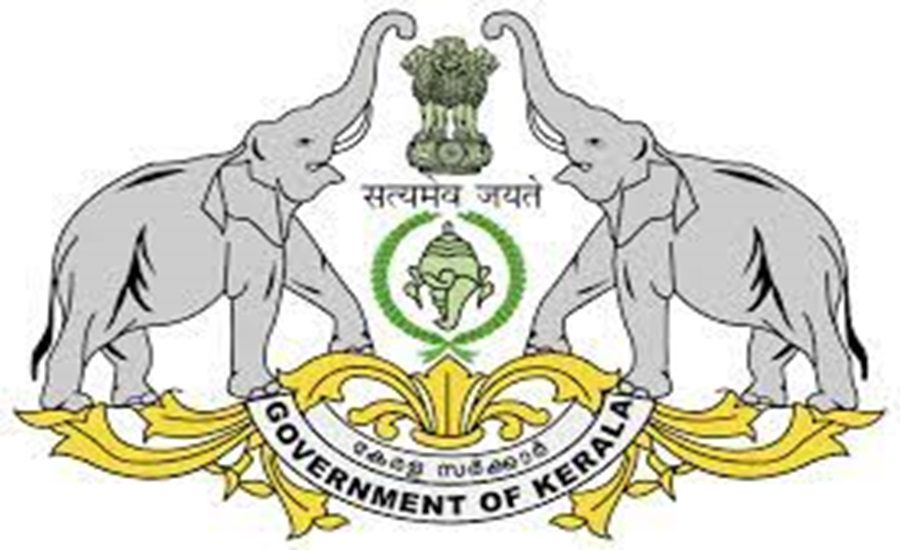Thiruvananthapuram: In a move that has ignited a rare internal conflict between the political executive and its own top bureaucrats, the Kerala state government has approached the High Court seeking to strike down a Central Administrative Tribunal (CAT) order enforcing Supreme Court-mandated tenure protections for IAS officers.
In a dramatic twist, the petition against the Tribunal’s directive has been signed by four of Kerala’s most senior IAS officers, even though the order in question was meant to protect officers like them from arbitrary transfers.
Background: CAT Enforces SC-Mandated Tenure Norms
The CAT’s interim order, dated November 13, 2023, had barred the Kerala government from making any transfers or postings of IAS cadre officers without prior recommendation from the Civil Services Board (CSB). This directive was grounded in the 2014 amendments to Rule 7 of the IAS Cadre Rules, which were enacted following the Supreme Court’s landmark TSR Subramanian judgment.
That judgment aimed to insulate civil servants from political interference by guaranteeing minimum fixed tenure and requiring CSB oversight for premature transfers.
Kerala Govt’s Argument: Tribunal Overreached Its Jurisdiction
The state, represented through an affidavit sworn by the Chief Secretary, along with three Additional Chief Secretaries (Personnel, Local Self-Government, and General Administration), argued that:
The CAT misread Rule 7, which applies CSB oversight only to cadre appointments and premature transfers, not routine postings.
Enforcing CSB recommendation for all transfers would paralyze governance, leave key posts vacant, and delay critical projects.
The IAS Officers Association had no locus standi, as only a “person aggrieved” can file such a petition under service law.
The Tribunal’s order amounted to judicial overreach, turning it into a policy-making body, which violates the L. Chandrakumar ruling on tribunal powers.
The Irony: Officers Fighting Tenure Protections for Their Own Cadre
What makes this case especially controversial is the fact that four top IAS officers – the very individuals meant to benefit from tenure protections – have signed the affidavit opposing the Tribunal’s order. The same Kerala government had constituted a Civil Services Board through GO (Ms) No. 107/2014/GAD, explicitly committing to uphold the TSR Subramanian framework.
Yet, the current affidavit seeks to narrow that commitment, arguing that CSB consultation is not mandatory in most cases.
IAS Association’s Stand: Stop Arbitrary Transfers, Political Interference
The CAT directive was originally sought by the Kerala IAS Officers Association, led by Secretary M.G. Rajamanickam, with co-petitioners B. Ashok and Priyanka G. They alleged:
- Frequent reshuffles
- Premature and politically motivated transfers
- Appointment of non-IAS or retired officers to cadre posts
The Tribunal had agreed, invoking the TSR Subramanian judgment to uphold minimum tenure norms and mandatory CSB consultation before transferring officers prematurely.
Govt Defends Its Record: Points to Compliance Where Required
The state government, however, asserts that it has already complied with CSB procedures in cases where required. For instance:
In December 2023, 14 IAS officers were transferred, including some premature transfers, and CSB was duly consulted.
The Tribunal’s assumption that CSB was never convened is factually incorrect, the government claimed.
What Rule 7 Says After the 2014 Amendment
Rule 7(3): “A cadre officer shall not be transferred before the minimum period of service specified under sub-rule (1) except on the recommendation of the Civil Services Board.”
Rule 7(4): “Where a cadre officer is proposed to be transferred before such minimum period, the state government shall submit a proposal to the CSB along with reasons. The recommendation of the Board shall be ordinarily binding.”
The state interprets this narrowly, applying it only to premature or cadre appointments, not day-to-day postings.
What’s at Stake?
This legal tussle will decide whether IAS officers in Kerala will continue to enjoy judicially protected tenure, or whether the state executive regains wide discretionary power over appointments and postings.
If the High Court upholds the CAT’s interpretation, it will reaffirm the Supreme Court’s vision of an insulated, independent bureaucracy. If it sides with the state, it could weaken safeguards against political interference in civil service matters.






























